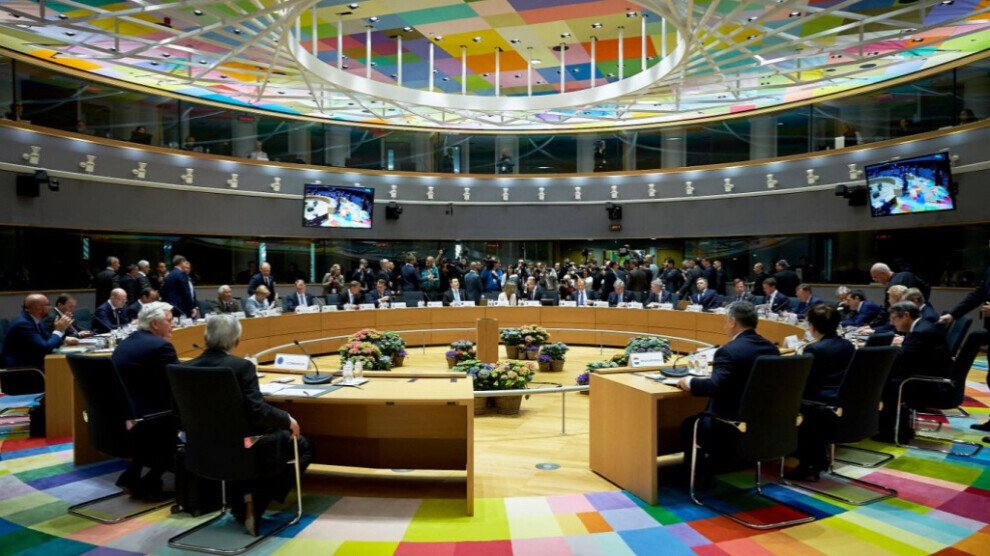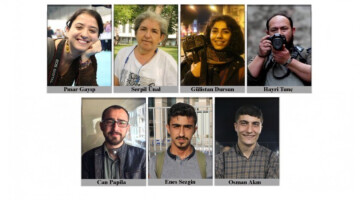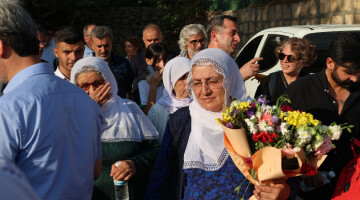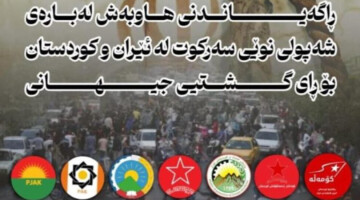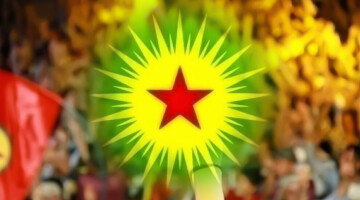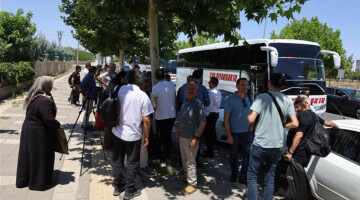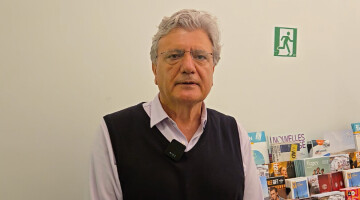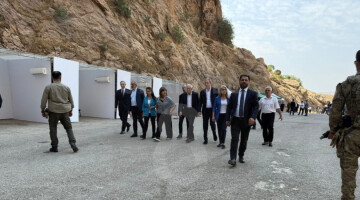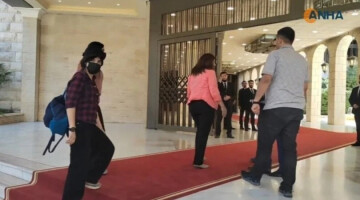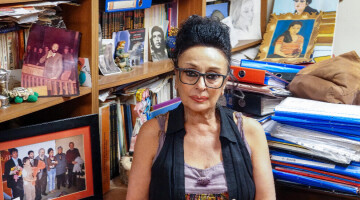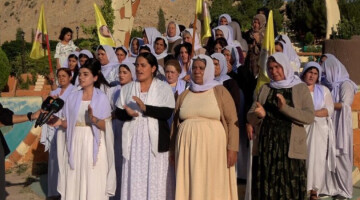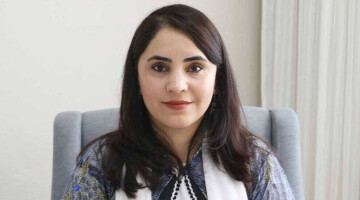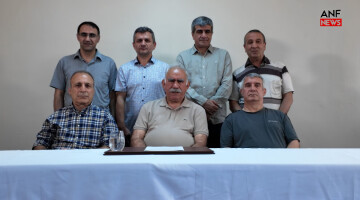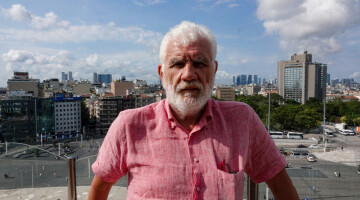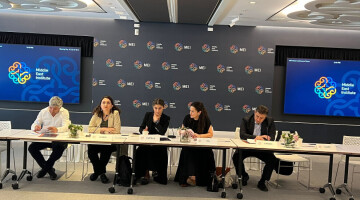The Council of Europe's decision-making body is the Committee of Ministers. It is made up of the foreign ministers or permanent representatives of all member countries in Strasbourg. The Committee of Ministers decides on the Council of Europe's policy, as well as the execution and supervision of its activity programs.
On 29 July 2021, ÖHD, IHD, TIHV, and TOHAV petitioned the Council of Europe's Committee of Ministers to place on the Council of Europe's urgent agenda the isolation imposed on Kurdish people's leader Abdullah Öcalan, Hayati Kaytan, Emin Gurban, and Civan Boltan which is in violation of Article 3 of the European Convention on Human Rights (ECHR).
Article 3 of the European Convention on Human Rights, "Prohibition of Torture," states that "no one should be subjected to torture, cruel or degrading punishment or treatment." Turkey, as a member of the Council of Europe, is required to implement the ECHR, which it signed in 1950.
Kurdish people's leader Öcalan and other detainees in Imrali Prison are treated differently than detainees and convicts in other prisons in Turkey. They are prevented from having visits with family and lawyers, as well as from using their rights to use the telephone, fax, and correspondence. The current situation has gone beyond abuse and turned into systemic torture.
The most crucial part of the application to the Council of Europe is the demand for the fulfillment of the ECHR provisions which are constantly violated by Turkey.
This application was also "investigated" during the meeting of the Council of Europe's Committee of Ministers, held between 30 November and 2 December, and Turkey was given time until September 2022 in a statement issued at the end of the meeting.
As a result, the application to end torture, cruel and humiliating methods in Imrali, as well as the urgency of putting it on the agenda of the weekly and periodic meetings of the relevant institutions in the Council of Europe were ignored.
The Council of Europe's Committee of Ministers has certified the documented systematic violations that occur every week in Imrali as regular and usual violations. It took this conclusion after giving consent and approval to the Turkish state's violation of Article 3 of the ECHR until September 2022.
The EC Committee of Ministers' statement on the subject combines issues that demand urgent and short-term control and intervention with those that require long-term answers.
The Committee of Ministers purposefully muddled the two crucial issues listed in Article 3 of the ECHR, thus absolving the CPT and the Council of Europe of their commitments. The Ministerial Committee must make a decision on two issues:
1- The termination of violations relating to the prisoners' current situations
2-The 'right to hope' of offenders sentenced to life in prison or aggravated life in prison.
The statement of the Committee of Ministers was based primarily on the "Right of Hope," and by using this strategy, current and pressing issues were postponed and turned invisible.
What exactly is the right to hope?
Since 1977, the European Court of Human Rights and the Council of Europe have been discussing the right to hope. According to the legal experts who established and defended this right, if the execution of a life sentence or aggravated life imprisonment is not deductible in law or practice, the person is thus deprived of hope of release one day until he dies, and this situation will be considered a complete denial of the aim of reinserting the prisoner, as well as a violation of the ECHR.
In light of these developments, the right to hope has now been acknowledged and supervised by the European Union and the Committee of Ministers, in accordance with the ECHR's jurisprudence.
The right to hope is not yet regulated under Turkish law, and the Law No. 5275 on Penalties and Security Measures, as well as the Anti-Terror Law, state that people sentenced to life imprisonment or aggravated life sentences are not eligible for conditional release or comparable rights. As can be seen, there is no "Right of Hope" in Turkish law, and restrictions have been put in place to ensure that persons sentenced to life in prison or aggravated life in prison have no rights.
The ECHR decided in its 2014 decision called "Öcalan and Turkey" that the provision of Article 3 of the ECHR was breached in the context of the right of hope. As a result, this is not the first time that the right to hope has been highlighted.
Knowing this situation, the Council of Europe's Committee of Ministers brings this issue to the agenda, which requires long-term resolution and legal regulation; it asks what measures the Turkish authorities have taken to rectify this situation with its decision, and how many people cannot benefit from the "right of hope" in the current situation.
The same Ministerial Committee has neglected and ignored the critical situation of Kurdish people's leader Öcalan and other detainees in Imralı; no action has been taken to stop the inhumane and degrading treatment that has been going on for years.
It did not take the applications of European lawyers, families, and institutions seriously, and instead decided to block the CPT from operating.
With this decision and the statement issued by the Council of Europe's Committee of Ministers, it appears that the Committee of Ministers was unaware of the situation Öcalan and other prisoners in İmralı, as well as other prisoners and convicts in Turkish prisons. It has given the Turkish government until September 2022 to learn about and be updated about the current situation.
With this judgment, the European Commission's Committee of Ministers backed the Turkish state and AKP/MHP administration, basically telling them "You can continue with human rights violations, torture, and inhumane maltreatment."

